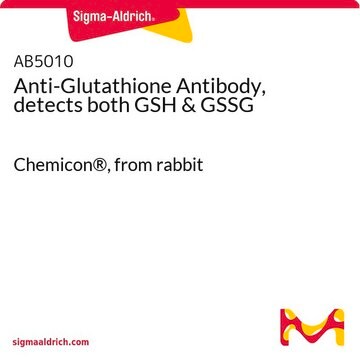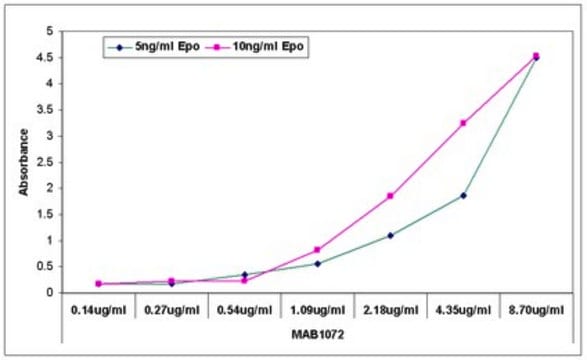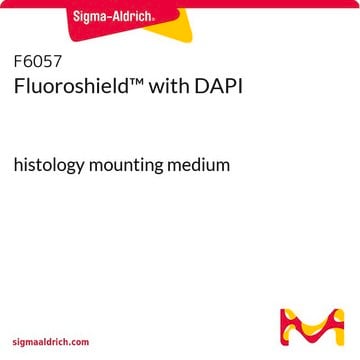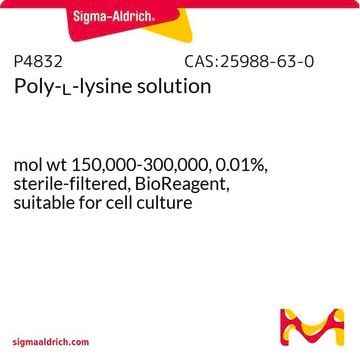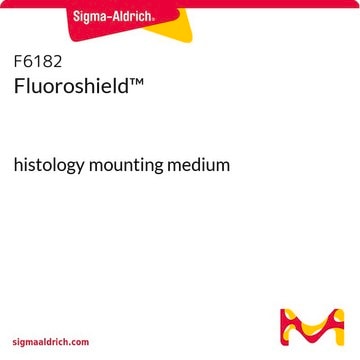The species reactivity of this antibody is Eukaryote; it is expected to react with Drosophila. The Western blotting analysis of glutathione conjugated proteins was performed under non-reduced conditions. Interference in the presence of sodium dodecyl sulfate has not been investigated. Note that this antibody does not react with free glutathione.
MAB5310
Anti-Glutathione Antibody, clone D8
clone D8, Chemicon®, from mouse
Select a Size
Select a Size
About This Item
Recommended Products
biological source
mouse
Quality Level
antibody form
affinity purified immunoglobulin
antibody product type
primary antibodies
clone
D8, monoclonal
species reactivity
eukaryotes
manufacturer/tradename
Chemicon®
technique(s)
western blot: suitable
isotype
IgG2a
shipped in
dry ice
target post-translational modification
unmodified
Specificity
Immunogen
Application
Neuroscience
Oxidative Stress
Immunocytochemistry: 1:500-1:1000 (Non-reducing conditions)
Optimal working dilutions must be determined by end user.
Physical form
Storage and Stability
Legal Information
Disclaimer
Not finding the right product?
Try our Product Selector Tool.
Storage Class Code
12 - Non Combustible Liquids
WGK
WGK 2
Flash Point(F)
Not applicable
Flash Point(C)
Not applicable
Certificates of Analysis (COA)
Search for Certificates of Analysis (COA) by entering the products Lot/Batch Number. Lot and Batch Numbers can be found on a product’s label following the words ‘Lot’ or ‘Batch’.
Already Own This Product?
Find documentation for the products that you have recently purchased in the Document Library.
-
Hi, we would like to see if this antibody works for drosophila samples. Is it possible to order a small samples? In addition, does adding SDS in the protein preparation interrupt the use of this antibody? Thanks, Liping
1 answer-
Helpful?
-
Active Filters
Our team of scientists has experience in all areas of research including Life Science, Material Science, Chemical Synthesis, Chromatography, Analytical and many others.
Contact Technical Service